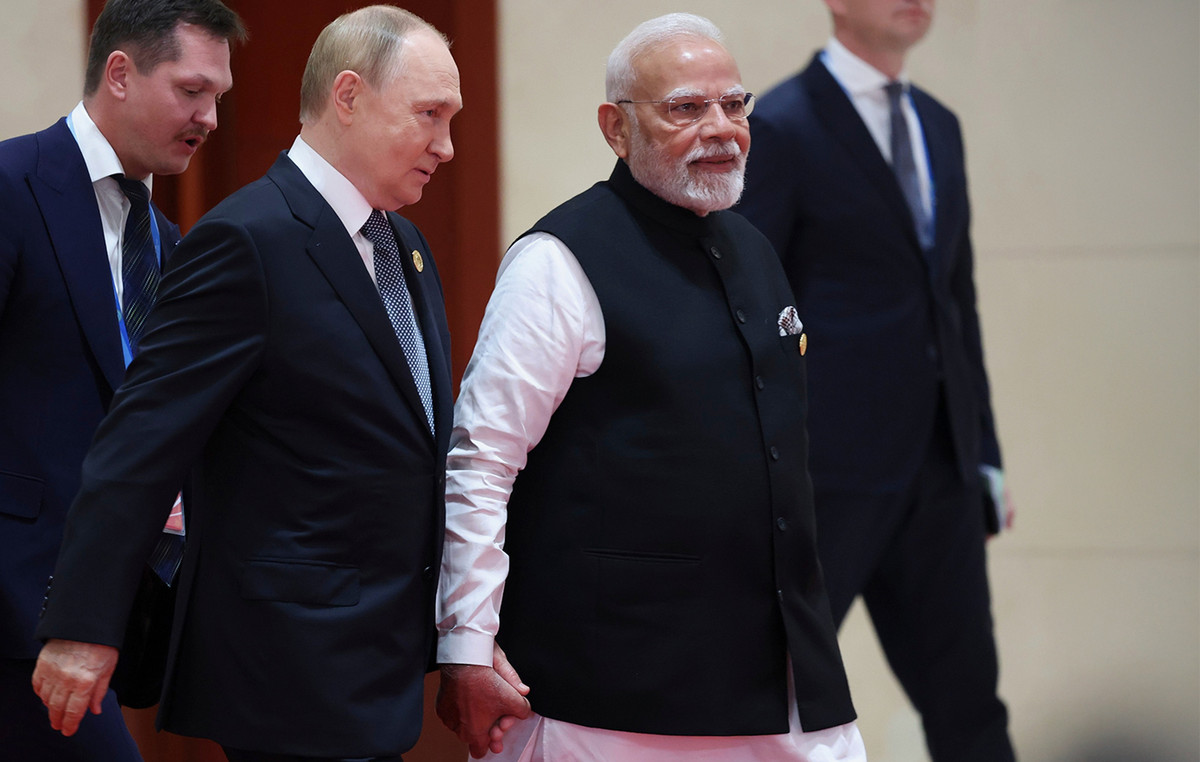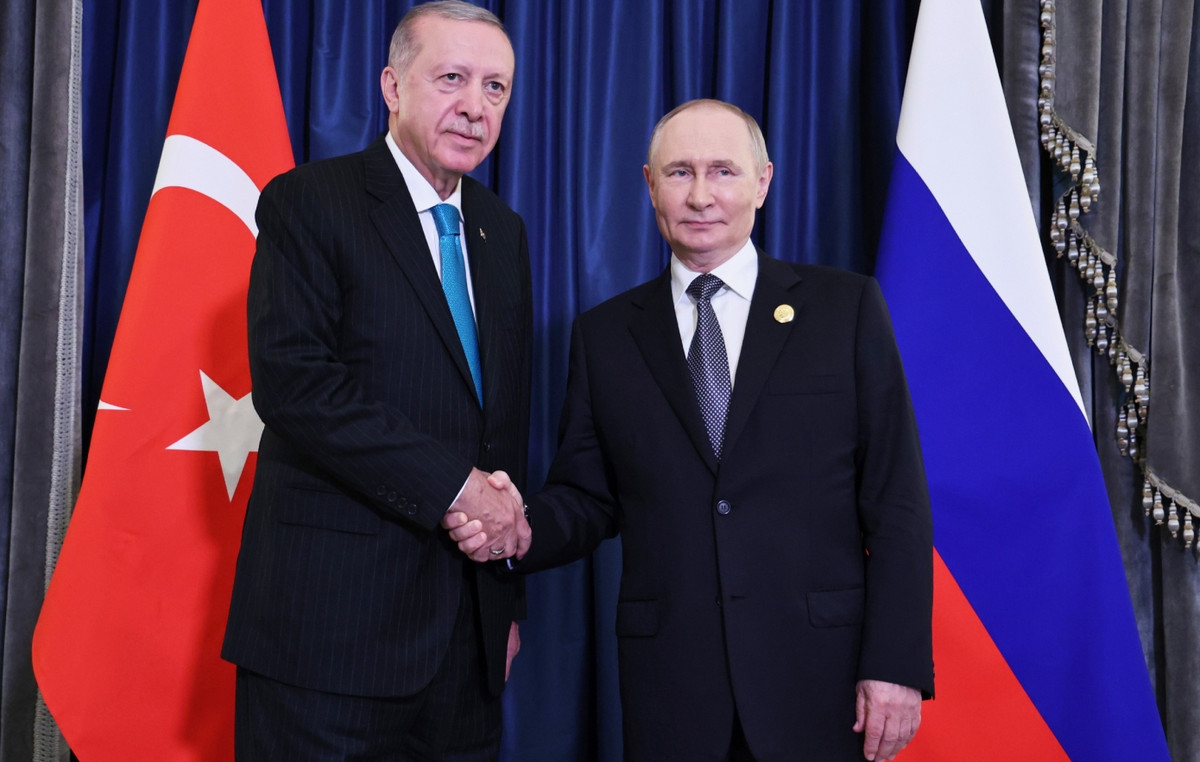Mahmoud Abbas, president of the Palestinian Authority, is one of the political authorities involved in the conflict between Israel and Hamas.
Abu Mazen, as he is known in the region — “Abu” is a slang used to describe a father or head of a family — has a trajectory that begins with activism for Palestinian autonomy and reaches different positions of authority in the territory.
At the center of his activities, diplomatic conflicts and a troubled relationship with the radical Islamic group.
Who is Mahmoud Abbas?
Born in 1935 in Safed, Palestine, Mahmoud Abbas is married and had three children — one of them, Mazen, died in 2002.
His family left the Safed area for refuge in Syria in 1948 when he was 13 years old. Over the years, he taught elementary school and graduated in Law.
In 1959, he was a founding member of the Palestinian National Liberation Movement, which became the main political force of the Palestine Liberation Organization (PLO), an entity he joined in the 1960s. In 1968, he joined the Palestinian National Council ( PNC).
See also: In the midst of war, president of the Palestinian Authority says: “We will not leave”
After a long trajectory of activism, he became an important actor, in the 1990s, in negotiations between Palestine and Israeli peace groups.
He became Prime Minister of the Palestinian Authority, his first position of formal representation in the territory, in 2003.
In the same year, he met with the then president of the United States, George W. Bush, and the leaders of Egypt, Saudi Arabia, Jordan and Bahrain to discuss peace negotiations between Israel and Palestine.
In November 2004, he assumed the presidency of the Palestine Liberation Organization. Two months later, he won the presidential elections in Palestine.
In 2006, he appealed to then-Hamas leader Ismail Haniya to form a coalition government in Palestine. In June of the following year, Abbas dissolved that government and removed Haniya as prime minister. The leader of the extremist organization refused to leave his post and continued to hold a de facto leadership position in Gaza — a region still controlled by the group today.
In 2009, he cited a clause in the local Constitution to extend his mandate. Months later, the PLO Council votes for Abbas to remain president without a defined term.
After four years of the break with Hamas, he formally negotiates a reconciliation agreement with the leader of the extremists, Khaled Meshaal.
In 2011, he presented a formal request to the United Nations (UN) for the creation of the State of Palestine. Years pass without the initiative succeeding — in 2014, the UN rejected Abbas’ appeal. The president asked to join the International Criminal Court, so he could file war crimes complaints against Israel.
Soviet documents obtained by CNN in 2016 they revealed that Abbas, who completed his PhD in Moscow in the 1980s, was an agent of the KGB, a Russian spy agency. Palestinian leaders classified the information as a “smear campaign”.
In 2018, during a speech at the inauguration of the Palestinian National Council, he said that the Holocaust was not driven by anti-Semitism, but by the financial activities of Jews in Europe. Days later, he apologized for the statement.
In 2020, at the UN Security Council, he rejected a peace plan for the Middle East presented by United States President Donald Trump. Previously, he had classified the proposal as a “conspiracy” and said that Palestine’s rights “are not for sale”.
See images of the conflict between Israel and Hamas
Source: CNN Brasil
Bruce Belcher is a seasoned author with over 5 years of experience in world news. He writes for online news websites and provides in-depth analysis on the world stock market. Bruce is known for his insightful perspectives and commitment to keeping the public informed.







